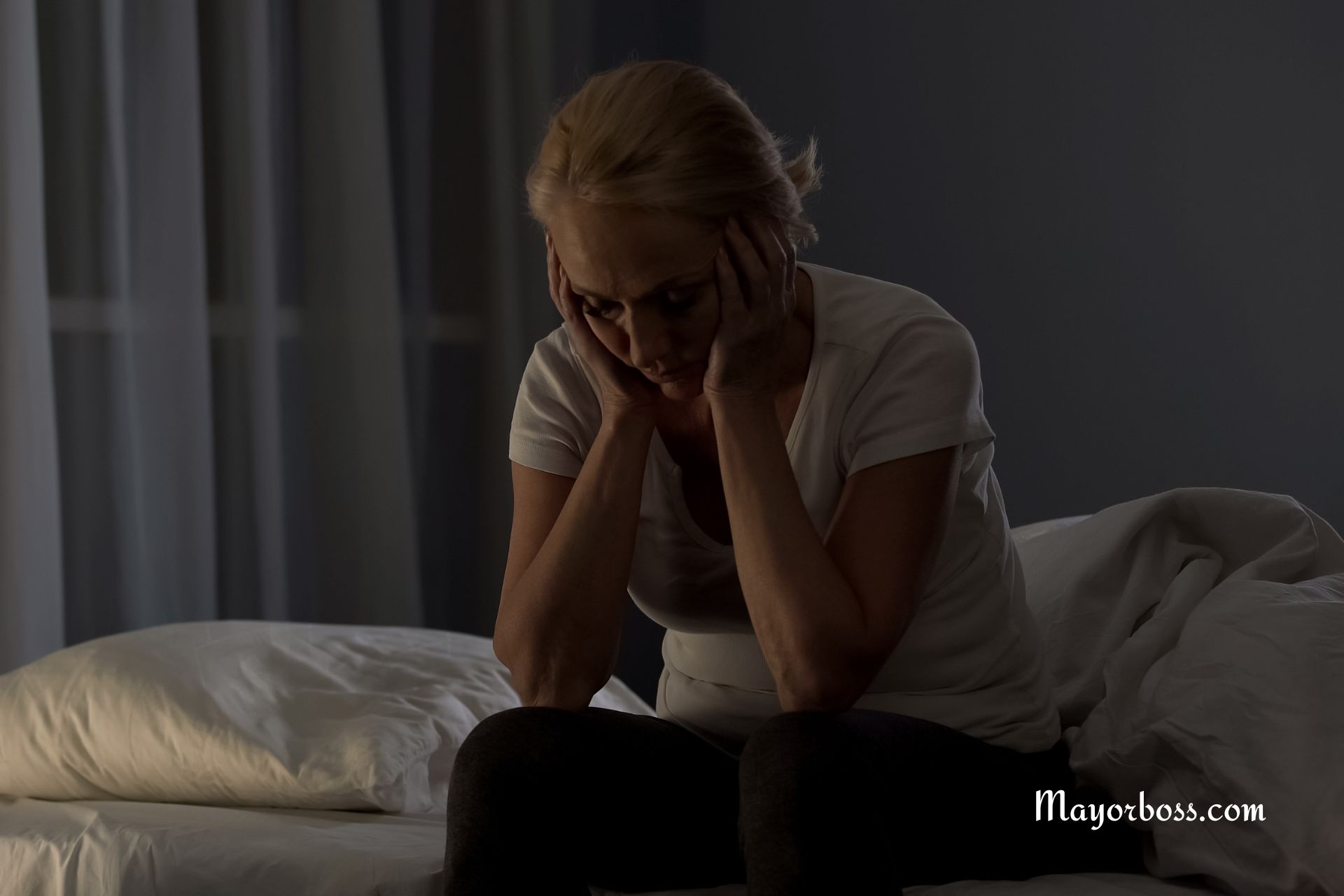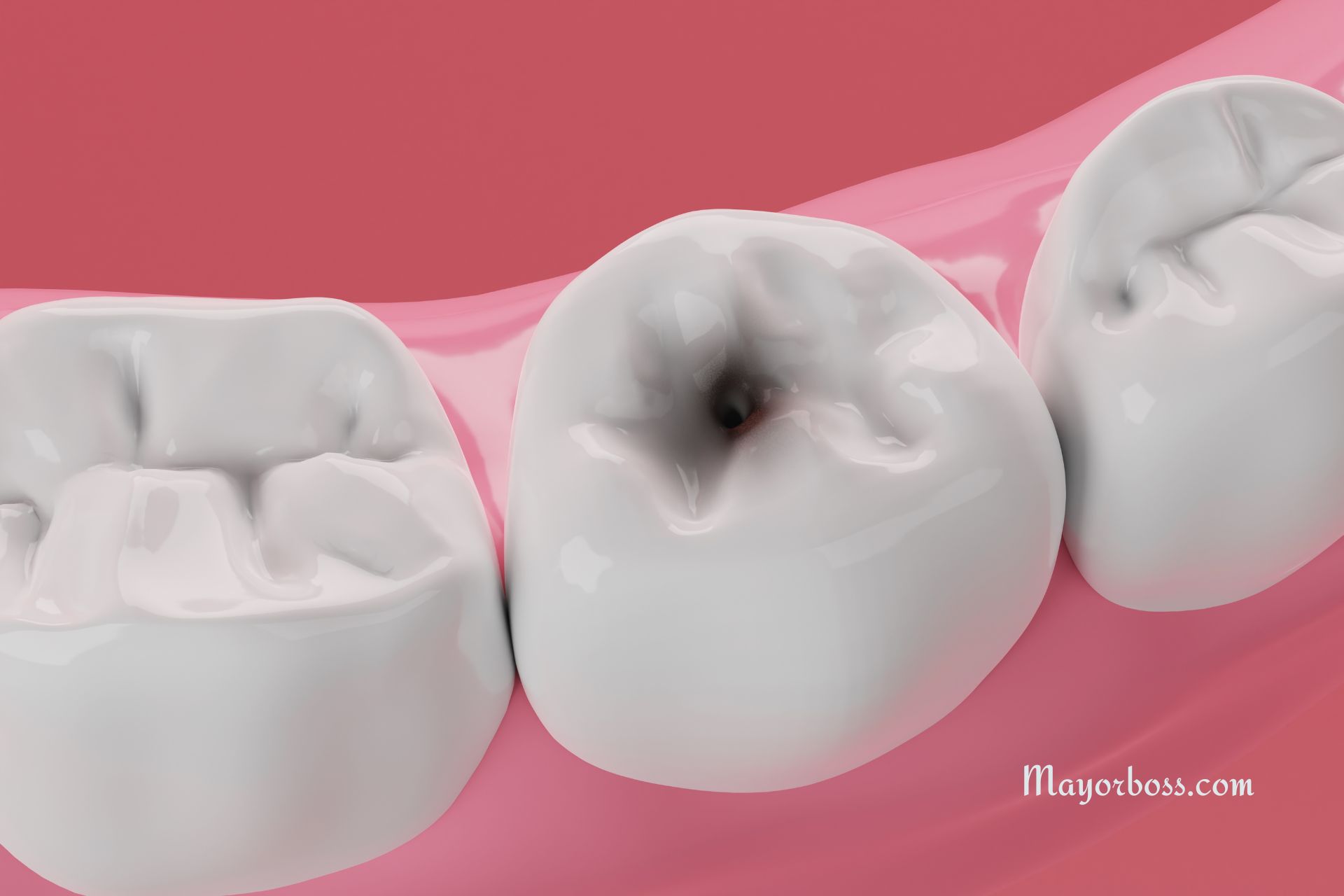Stroke Symptoms At Night: 5 Signs That Could Save Your Life
A stroke is a serious medical emergency that can happen at any time, even while you are sleeping. Many people think strokes only happen during the day, but that isn’t true. Strokes can occur at night, and the symptoms might not be noticed until morning (These are occasionally called “wake-up strokes.”). This delay can be extremely dangerous, as getting help quickly is really important for treating a stroke.
Remember the acronym FAST: Face drooping, Arm weakness, Speech difficulties, and Time to call emergency services. Recognizing these symptoms quickly is key to getting the right treatment. That said, here are five signs of a stroke at night that you should never ignore.

If You Wake Up With a Severe Headache, Don’t Ignore It
One of the first signs of a stroke at night is a sudden, severe headache that wakes you up from sleep. This kind of headache is often described as the worst pain you’ve ever felt. It might happen suddenly, without any warning, and could come with other symptoms like throwing up or feeling dizzy.
Doctors say that this kind of headache could mean a blood vessel in your brain has burst, which is called a hemorrhagic stroke. If you have a really bad headache like this, especially at night, you should get medical help right away.
Feeling Numb or Weak on One Side of Your Body
Waking up and feeling that one side of your body is numb or weak is another big warning sign of a stroke. This can affect your face, arm, or leg, and it might make it hard to get out of bed or move around. The numbness can be really scary because it might make one side of your body feel disconnected from the other.
Usually, a stroke affects one side of the brain, which controls the opposite side of your body. So if you notice numbness or weakness on one side, it could mean that part of your brain is not getting enough blood. Call 9-1-1 right away if this happens suddenly during the night.
Trouble Speaking or Understanding After Waking Up
Slurred speech or trouble understanding what others are saying can also be a major indicator of a stroke. Imagine waking up, trying to say something, but the words just don’t come out right. Or maybe your partner is talking to you, but you can’t make sense of what they are saying.
This could mean that a stroke is affecting the part of your brain that handles language. Even if it seems to get better after a few minutes, don’t ignore it. It’s important to call a doctor right away, as early treatment can prevent more serious damage.
Vision Problems When You Open Your Eyes at Night
Blurred vision, double vision, or even losing vision in one or both eyes could be a sign of a stroke happening at night. You might open your eyes and find that things look blurry, or you might not be able to see on one side.
These symptoms happen because a stroke can affect the parts of your brain that control how you see. If you notice a sudden change in your vision when you wake up, you should get medical help quickly. Doctors warn that vision problems are often overlooked, but they are an important sign of a stroke.
Feeling Dizzy or Losing Balance After Waking Up
Feeling dizzy, losing your balance, or having trouble walking after waking up is also a prominent warning signal. You might feel like the room is spinning or that you can’t stand up properly. This can happen if the stroke affects the parts of your brain that control movement and balance.
A stroke that affects balance can lead to falls, which can cause even more injury. If you suddenly feel off-balance after waking up, especially if you also have other symptoms like numbness or trouble speaking, you need to get medical help right away.
When it comes to a stroke, every minute counts. The sooner a stroke is recognized and treated, the better the outcome will be. Doctors say the best time for treatment is usually within the first few hours after symptoms start. Recognizing these signs, even at night, could save your life or prevent long-term problems.
If you notice any of these signs at night, call emergency services immediately. Do not wait until morning, as waiting could lead to more serious brain damage. Acting quickly is the best way to make sure you recover as much as possible.






